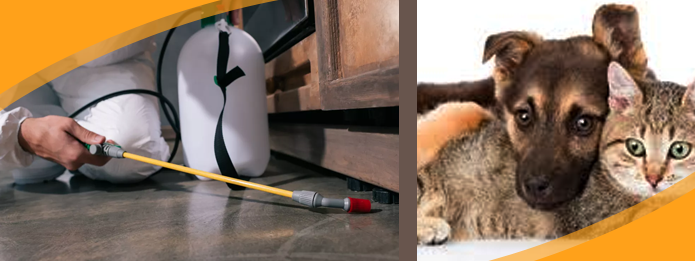 Whether you have problems with rodents, insects or spiders, choosing our residential pest control in Niagara services can make your home safe for the family once more, including your dog, cat or small mammal. However, once the treatment is complete, there are a few tips you can keep in mind to prevent your pet from accidentally being exposed to any chemical treatments.
Whether you have problems with rodents, insects or spiders, choosing our residential pest control in Niagara services can make your home safe for the family once more, including your dog, cat or small mammal. However, once the treatment is complete, there are a few tips you can keep in mind to prevent your pet from accidentally being exposed to any chemical treatments.
 Whether you have problems with rodents, insects or spiders, choosing our residential pest control in Niagara services can make your home safe for the family once more, including your dog, cat or small mammal. However, once the treatment is complete, there are a few tips you can keep in mind to prevent your pet from accidentally being exposed to any chemical treatments.
Whether you have problems with rodents, insects or spiders, choosing our residential pest control in Niagara services can make your home safe for the family once more, including your dog, cat or small mammal. However, once the treatment is complete, there are a few tips you can keep in mind to prevent your pet from accidentally being exposed to any chemical treatments.

